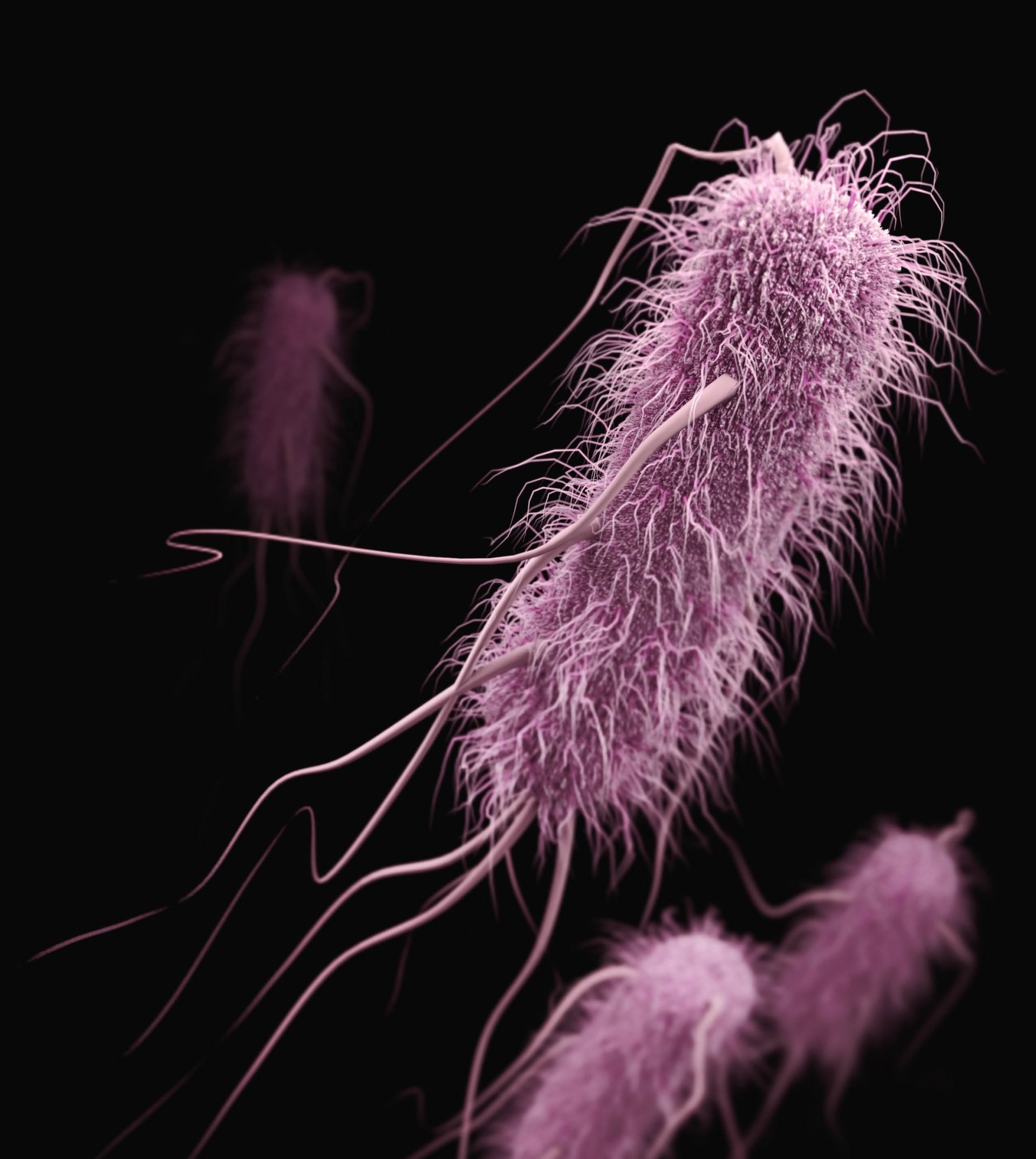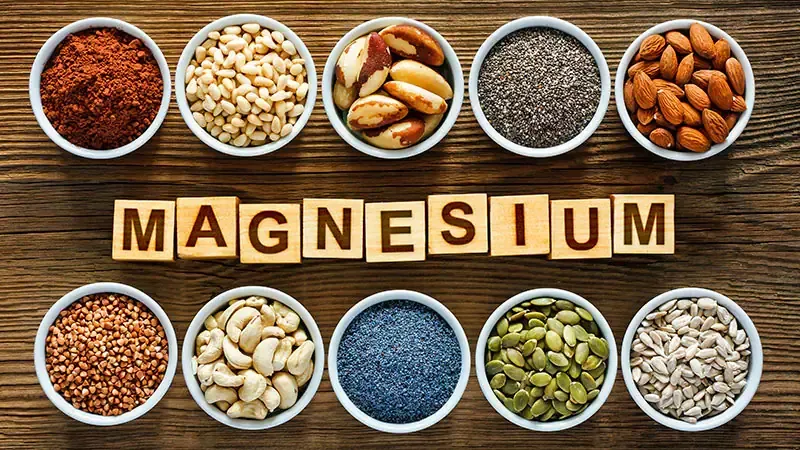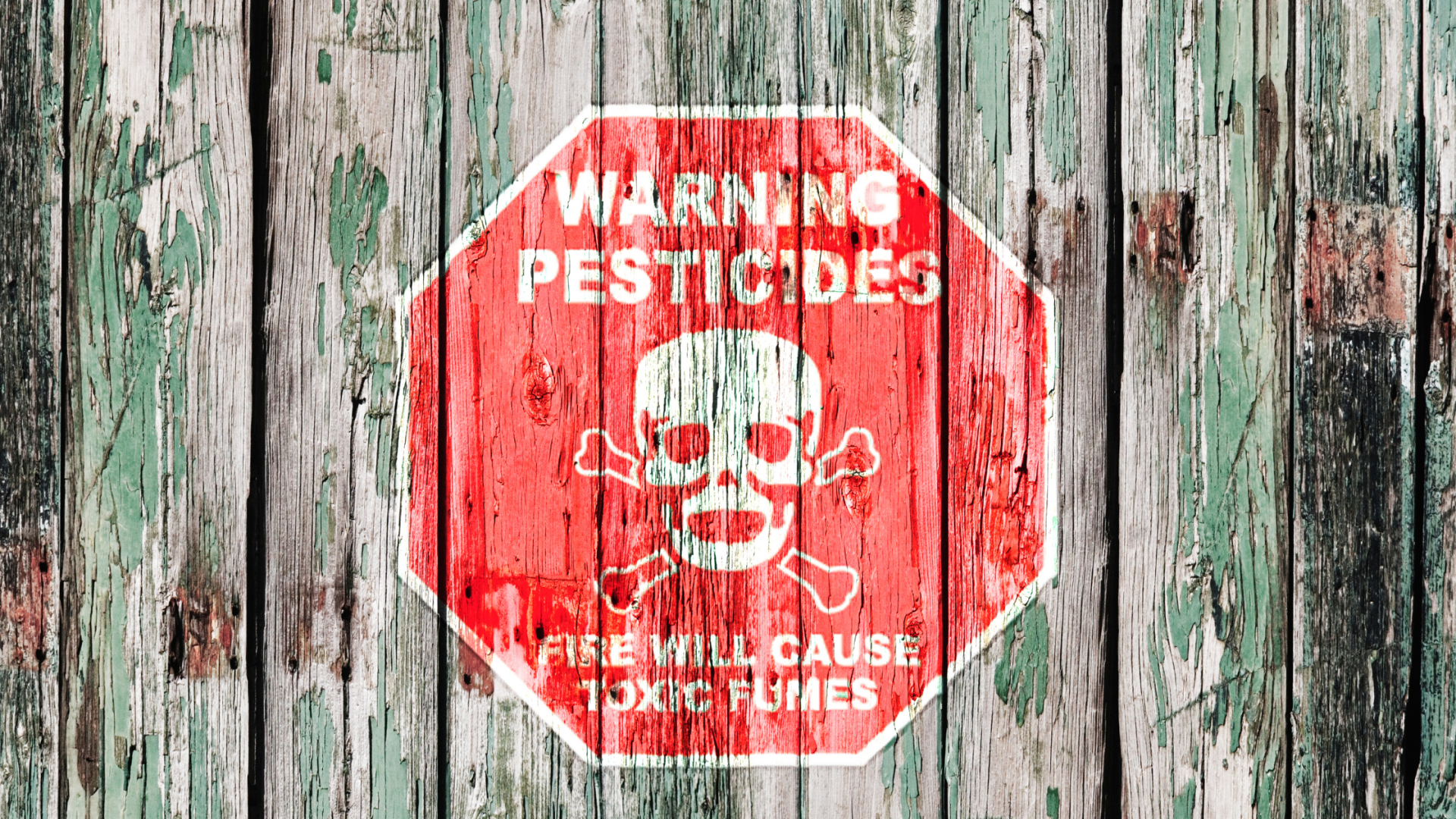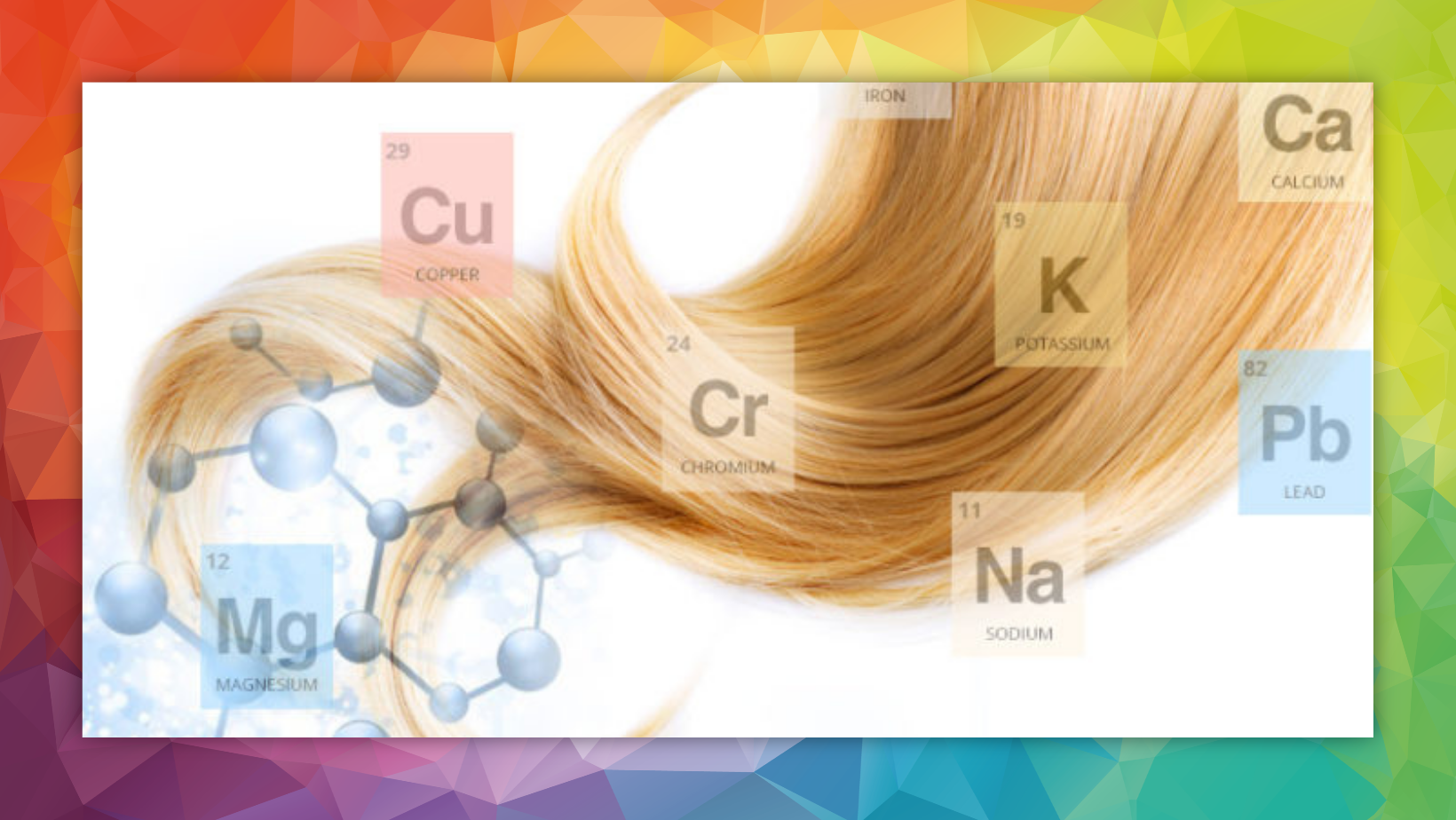Search results for 'Gut Health' (35)

If you have followed our discussions over the past several weeks, you now understand that minerals are indispensable for maintaining overall health. What may be less known is their critical role in preserving the integrity and function of the digestive system. Our gut relies heavily on the proper balance of minerals to maintain digestion, nutrient absorption, and immunity. When mineral balance is disrupted, it can lead to a cascade of digestive problems and gut imbalances that perpetuate a cycle of poor health. To support optimal gut function and overall wellness, understanding the roles that key minerals like calcium, magnesium, selenium, zinc, and electrolytes play is essential. Calcium: Enhancing Digestive Function with Hydrochloric Acid One of the most critical functions of calcium in the digestive system is its role in enhancing the production of hydrochloric acid (HCl) in the stomach. HCl is essential for breaking down food, particularly proteins, and it helps to sterilize the stomach by killing harmful pathogens before they reach the intestines. Without sufficient HCl, digestion can be compromised, leading to indigestion, bloating, and malabsorption of nutrients. Beyond digestion, calcium’s influence on hydrochloric acid production also helps improve intestinal permeability, often referred to as "leaky gut." Leaky gut occurs when the tight junctions of the intestinal lining weaken, allowing undigested particles and toxins to enter the bloodstream, triggering inflammation. By enhancing HCl production, calcium can help tighten these junctions and reduce permeability. Additionally, calcium plays a key role in easing diarrhea by helping to regulate fluid balance in the intestines. Chronic diarrhea can result in a significant loss of essential minerals, creating a vicious cycle of malabsorption and further mineral deficiencies. By supporting gut integrity and fluid balance, calcium helps break this cycle, making it a critical mineral for gut health. Magnesium: Balancing Calcium and Supporting Bowel Regularity Magnesium works in harmony with calcium to balance its stimulatory effects on hydrochloric acid production. Where calcium promotes HCl production, magnesium ensures that this process doesn't become overstimulated, which could lead to excessive acid levels and related discomforts. Magnesium also plays a key role in promoting regular bowel movements and easing constipation. It helps to relax the muscles in the digestive tract, allowing for smoother movement of stool through the intestines. This mineral also supports gallbladder function by ensuring that bile is properly emptied, which aids in fat digestion and overall gut health. In cases of constipation, magnesium can offer relief by drawing water into the intestines, which helps soften stool and promote regularity. Proper magnesium levels are vital for preventing digestive sluggishness and maintaining optimal motility throughout the digestive system. Selenium: A Protector of the Gut and Pancreas Selenium is often praised for its powerful antioxidant properties, but it is also crucial for gut and pancreatic health. Selenium helps to reduce inflammation in the digestive system by supporting the production of selenoproteins, which are anti-inflammatory in nature. These proteins play a key role in protecting the gut lining from oxidative stress and inflammatory damage, both of which can contribute to conditions like leaky gut and irritable bowel syndrome (IBS). Furthermore, selenium supports pancreatic health by promoting the production of digestive enzymes. These enzymes are necessary for the breakdown of food and nutrient absorption. Without adequate selenium, pancreatic function can become impaired, leading to issues with digestion and nutrient malabsorption. In addition to its role in the pancreas, selenium helps to promote a healthy gut microbiome by reducing oxidative stress, which allows beneficial bacteria to thrive. A balanced microbiome is essential for optimal digestion, immune function, and even mental health, making selenium a vital mineral for overall gut wellness. Zinc: Essential for Gut Lining Integrity and Immune Support Zinc plays a critical role in promoting the production of pancreatic enzymes, which are essential for the proper digestion of proteins, fats, and carbohydrates. Without adequate levels of these enzymes, food cannot be broken down efficiently, leading to malabsorption and digestive discomfort. Zinc is also crucial for maintaining the integrity of the gut lining. It supports the tight junctions between cells in the intestinal wall, preventing leaky gut and the associated inflammatory responses. By ensuring a healthy gut barrier, zinc reduces the risk of systemic inflammation and the development of autoimmune conditions. In the gut, zinc also helps to regulate immune cells and decrease inflammation. It protects against oxidative damage caused by excess iron and copper, which can otherwise trigger inflammation. Furthermore, zinc promotes microbiome diversity, which is key to a healthy and resilient gut. Zinc also helps ease diarrhea by reducing intestinal inflammation and promoting fluid balance, making it an essential mineral for gut health. Electrolytes: Hydration and Digestive Regularity Electrolytes—namely sodium, chloride, and potassium—are essential for maintaining proper hydration and fluid balance in the body. These minerals help to regulate bowel motility and ensure that waste moves smoothly through the digestive tract. Proper electrolyte balance supports regular bowel movements and prevents both constipation and diarrhea by maintaining the correct levels of fluid in the intestines. The Vicious Cycle: Mineral Deficiencies and Gut Health When inflammation or imbalance occurs in the gut, it often leads to the malabsorption of minerals and vitamins, which can exacerbate gut dysfunction. Over time, this creates a vicious cycle where poor gut health leads to further mineral deficiencies, which in turn worsens digestive problems. Breaking this cycle requires a two-pronged approach: supporting both mineral balance and digestion. This is why I almost always recommend Hair Tissue Mineral Analysis (HTMA) in conjunction with other functional medicine testing to assess and address mineral imbalances. Conclusion Maintaining a balanced intake of essential minerals is crucial for supporting gut health. Calcium, magnesium, selenium, zinc, and electrolytes each play unique roles in digestion, absorption, and gut integrity. Without these key minerals, digestive health suffers, leading to a cascade of health problems. To break the cycle of malabsorption and gut dysfunction, it’s essential to address both mineral balance and digestive function simultaneously. Sign up for my newsletter to stay informed about exciting new ways to support your gut health and keep an eye out for something big coming this holiday season! You won't want to miss it!

Doctors frequently prescribe the pill as a solution to common complaints like acne, heavy menstrual flow, PMS symptoms, or irregular periods. While it can alleviate these issues for some women, it fails to tackle the root cause.
What many doctors omit to mention is that the birth control pill comes with its own set of side effects, some of which may be irreversible.

The U.S. Food and Drug Administration has no authority to assess the safety of beauty products before they go on the market. Unlike food and drug manufacturers, the cosmetics industry is free to use thousands of synthetic chemicals in all sorts of products – and they do. Many chemicals restricted or prohibited by the European Union aren't restricted in the United States.

When you feel unwell, whether it's an ache in your leg or a skin rash, pause to consider nutrition. The microbiome is a complex environment of bacteria, and when it's unbalanced (gut dysbiosis) it can cause chain reactions that effect far-flung parts of the body. It's time you learned about gut dysbiosis. Click to read on.

On your health journey, lunch will likely be the most challenging of your daily meals. Many working individuals do not have the option to eat lunch at home. That makes dining out for lunch extremely easy. Going out to eat is not necessarily bad, if you order correctly, but it can be more complicated to make sure you have the correct balance of nutrients in your diet.

Dark circles under the eyes can be caused by a variety of factors, including genetics, lack of sleep, and allergies. However, one possible cause is an imbalance in histamine levels in the body. Histamine is a chemical that is released by the immune system in response to allergens, it is also released by gut bacteria in your microbiome. An excess of histamine can cause inflammation and swelling, it can also cause your gut to become leaky . When your gut is "leaky," it means that the lining of your intestines is damaged and allows harmful substances to pass through. This can lead to a cascade of problems, as the histamine can than leak out of the gut and into the bloodstream. Once in the bloodstream, the histamine can travel throughout the body, affecting various organs and systems, including the brain, skin, nose, eyes, heart, bladder, uterus, placenta, developing baby, and breast milk. This is why consuming foods or drinks that contain histamine can cause symptoms throughout the body within seconds to minutes. These signs may mean that you have High Histamine: Diarrhea* Bloating* Abdominal discomfort* Reflux* Food Intolerance* Leaky Gut* Skin Issues Migraines and headaches Irritability Difficulty falling asleep Joint Pain Musculoskeletal or connective tissue pain (fibromyalgia) Chronic Fatigue Estrogen Dominance Painful Menstruation Hypotension Tachycardia Rapid Heart Rate Hypotension Dizziness Trouble regulating body temperature Trouble Sleeping *The gut is usually the biggest reason why people experience histamine intolerance. You can find out if your microbiome, or your gut immune system, is overwhelming your DAO enzyme in two ways. Have your doctor or functional medicine practitioner test for high histamine with a Diamine Oxidase (DAO) Level test. This is analytical test which is carried out in the laboratory using the ELISA method to measure the level of the DAO enzyme in the blood. A quick home test: Away from food, on an empty stomach take a histamine blocker supplement. You can create a free account with my online store here to order. After swallowing the capsule, it opens up and begins digesting histamine right away in your small intestine. If there’s a lot of histamine in your small intestine, you’ll likely begin feeling better. If there’s not much histamine in your gut, you won’t notice much of a difference. What does this tell you? Do I have a lot of high-histamine producing bacteria living in my gut? Yes or No. Is my gut immune system producing a lot of histamine? Yes or No. With this information, you know if your histamine symptoms are gut related or not. If not, then you know you’re reacting to something in your environment like mold, an infection, or your histamine pathway is dirty for other reasons. Addressing the root cause of high histamine levels in the gut is crucial for healing leaky gut and preventing further health issues. By maintaining healthy histamine levels in the gut, you may be able to reduce the appearance of dark circles and improve overall skin health. There are many ways to heal with functional medicine. You can work with Heidi via our group functional medicine program or one on one . To find out if this is the right path for your health journey you are welcome to schedule a free health discovery session with our office.

GMOs, or genetically modified organisms, are patented laboratory experiments ran by biotechnology companies that have entered into our food supply. The intended uses of GMOs on crops were to provide them with the ability to abstain from direct herbicide application, encourage their own insecticide production, and offer greater yields. Click to learn more about what GMO is and what it means for your health.

























































































